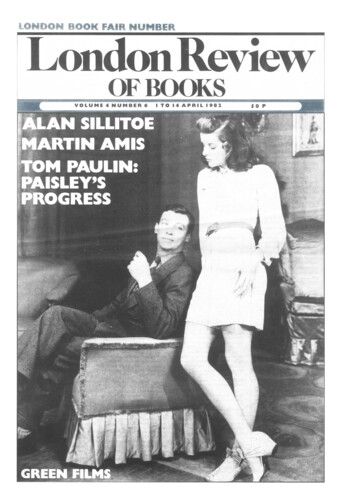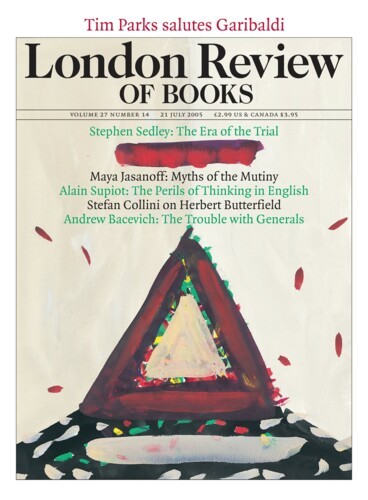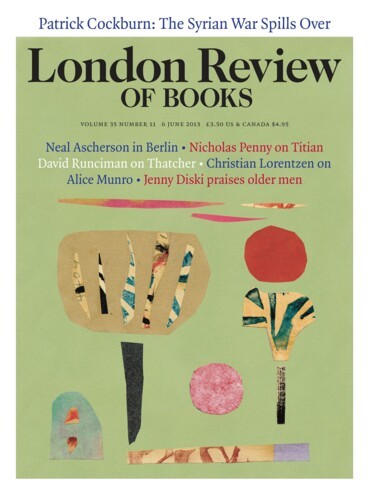Francis FitzGibbon
Francis FitzGibbon is a KC. He was chair of the Criminal Bar Association from 2016 to 2017.
The Case of N.: The strange world of asylum law
Francis FitzGibbon, 21 July 2005
In March 1998 a 24-year-old woman entered the United Kingdom from Uganda. She used a false name and a false passport. She was extremely ill and within a couple of days was admitted to Guy’s Hospital, where she was diagnosed with full-blown Aids and a cluster of Aids-related illnesses including Kaposi’s sarcoma. She had not known she had Aids and did not come here for medical...
Short Cuts: Without Legal Aid
Francis FitzGibbon, 6 June 2013
A fundamental shift in the relationship between the government and the governed is taking place: by restricting access to the law, the state is handing itself an alarming immunity from legal scrutiny. There are several aspects to this: the partial or total withdrawal of state financial support for people who lack the means to pay for legal advice and representation; and for those who can pay,...
When Tony Blair announced radical changes to his mentor Lord Irvine’s job as Lord High Chancellor without warning in 2003, he provoked the wall-paper connoisseur and would-be Cardinal Wolsey into resigning. The horse-trading that followed gave us the Constitutional Reform Act 2005, which stripped the Lord Chancellor of his judicial role, set up the Supreme Court as the final Court of Appeal for the UK, and a new Department of Constitutional Affairs, with an elected MP to be secretary of state instead of a peer. It changed its name to the Ministry of Justice in 2007, and has mushroomed.
The ‘bedroom tax’ is a policy about the allocation of two kinds of limited public resources: council accommodation and housing benefits. Council tenants no longer receive full housing benefit if they occupy rooms that the regulations say they do not need. They must make up the rent shortfall if they can, or move out so their homes become available to larger families who need the space. Policies that shift the allocation of such resources are political, if not the very essence of politics in a modern democratic state. But so are the legal cases that they generate. The claimants in the recent judicial review of the tax were disabled and vulnerable children. They challenged the policy on the basis that it discriminated unlawfully against them by failing to recognise their special need for space that the regulations held to be surplus to their requirements.
Read anywhere with the London Review of Books app, available now from the App Store for Apple devices, Google Play for Android devices and Amazon for your Kindle Fire.
Sign up to our newsletter
For highlights from the latest issue, our archive and the blog, as well as news, events and exclusive promotions.




